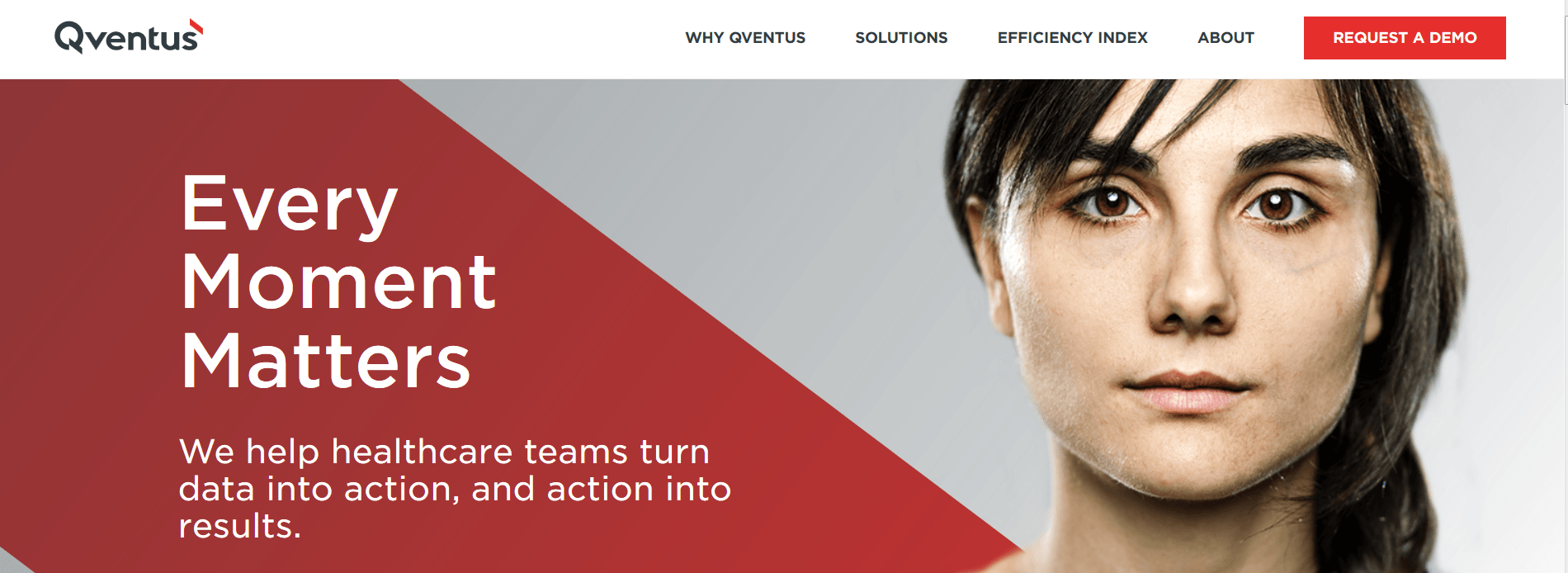
Vocera Communications, Inc. a provider of clinical communication and workflow solutions, announced it is partnering with Qventus, an AI-based software technology company that helps health systems run more efficiently. Interoperability between Vocera and Qventus technologies enables immediate action and collaboration on the frontlines of hospitals across the country. Together, the two companies empower care teams with real-time situational awareness to quickly mobilize the right people and resources, thereby improving workflow, patient safety, and provider satisfaction.
Using data from clinical and operational systems, Qventus can evaluate patient volumes, wait times, availability of clinicians, changes in surgery times, and other operational information to predict delays with patient admissions, treatments, and care transitions. If a potential bottleneck in workflow is detected, Qventus sends an alert, or “nudge,” via the Vocera platform that prescribes course corrections to specific care team members depending on the situation. The Vocera Platform combines this information with rich context about patients and care team members, and intelligently routes actionable nudges to the people who need them most on their hands-free Vocera Badge, smartphone app, workstation, or other device of choice.
Decision science and machine learning enable Qventus to assess historical and real-time data to predict patient flow and safety risks. When a risk is identified, a nudge is automatically sent with contextual recommendations to the most appropriate care team member.
“Our partnership with Qventus has been critically important in helping us achieve positive patient outcomes through the development of new technologies, such as the fall alert program,” said MedStar Montgomery Medical Center President Thomas J. Senker. “Additionally, MedStar utilizes Vocera technology to enhance daily communication between clinical staff and patients. Through this collaboration, we are bringing together artificial intelligence and communication technology to enhance the overall patient experience.”
MedStar has seen a significant reduction in patient falls and falls with injuries after integrating the Qventus and Vocera solutions. In June 2018, the hospital reported a 13.5% reduction in cumulative fall rates. The successful falls prevention program inspired the MedStar team to expand the integration to a patient experience initiative focused on evaluating and improving nurse call response times.
There is great potential at MedStar and at other hospitals willing to accelerate change and transform clinical and operational workflows. Both the Qventus and Vocera solutions have helped hospitals decrease the rates at which patients leave without being seen in the emergency department. They have also helped increase on-time surgical procedures and elevate patient satisfaction scores, all of which impact financial performance.
